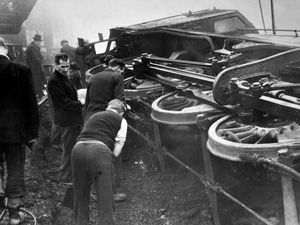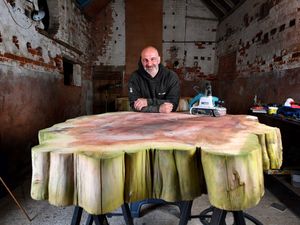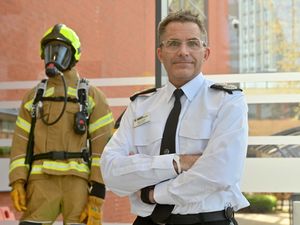Childhood gambling is a dangerous game
A 13-year-old boy stands ashamed, embarrassed and remorseful in front of his father – he has just gambled away £70,000 in 10 days.
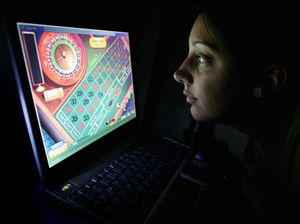
Childhood gambling is becoming a bigger problem.
The Gambling Commission now estimates there are 55,000 children and young people aged 11 to 16 with a gambling problem, but estimates 450,000 are gambling regularly.
This week the NHS h as launched a specialist service for 13 to 25-year-olds based at the UK’s only dedicated gambling addiction centre, the National Problem Gambling Clinic in London.
The young boy in question was a grammar school pupil whose parents were the owners of a small business. It was a case that had come before Mike Chatha, the founder of GamHelp – an online support community for problem gamblers and their families – and author of The Unbelievable Truth About Gambling Addiction: New Discoveries and Rapid Recovery Technique.
Gambling away £70,000 at 13
“It started when he went to a final at Wembley,” says Mike, who lives in Shropshire. “The final was exciting and there were all the gambling adverts associated with it. When he got home he went online and just clicked the ‘yes I’m over 18’ option and when it asked for a credit card he took a picture of his dad’s credit card and used that information.”
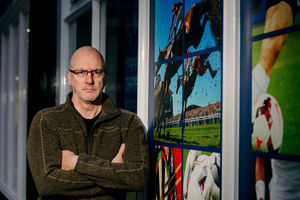
The boy first of all started betting small amounts of £10 or £20 after receiving free bets. But this soon increased to £1,000 and £2,000 as he placed larger stakes on bets to win back the money he had lost so his parents would not find out. In a little over a month he had racked up a debt of £13,000.
“He told his dad he didn’t realise he would get hooked to gambling and was extremely remorseful,” says Mike. “But a few weeks later he was still getting emails inviting him back to bet.”
NHS England says there is growing concern that online gaming sites and targeted adverts are fuelling addiction, including among children.
The boy took up one of the offers. In just 10 days he had then gambled away £70,000.
“His dad had to take a loan out to pay the debt and even had to lay some members of staff off,” says Mike.
Mike himself was a gambling addict in the past. It had all started for him by gambling in fruit machines but it quickly took over his life and even saw him left homeless.
He visited a Gamblers Anonymous group in the West Midlands and that was the start of his rehabilitation from gambling addiction – although it was by no means the end.
Mike finally recovered from gambling and has been free of the habit for 25 years, settling down and starting a family as well as launching a successful computer software company. After a health scare he decided to pour his time into helping other gambling addicts.
“Young people are seeing these gambling adverts at 10 to 15-years-old,” said Mike. “Not just on TV but online when they are on their phones.
“They see it as attractive and a fun thing to do. Those doing GCSEs, exams, going up a year in school, they are stressful times for young people and they are looking for something fun.”
Levy
Simon Stevens, chief executive of NHS England, condemned the “fraction” spent by industry on helping those struggling with addiction compared to the amount spent on advertising and marketing. Mr Stevens said: “The links between problem gambling and stress, depression and mental health problems are growing and there are too many stories of lives lost and families destroyed.
“This action shows just how seriously the NHS takes the threat of gambling addiction, even in young people, but we need to be clear – tackling mental ill health caused by addiction is everyone’s responsibility – especially those firms that directly contribute to the problem.
“This is an industry that splashes £1.5 billion on marketing and advertising campaigns, much of it now pumped out online and through social media, but it has been spending just a fraction of that helping customers and their families deal with the direct consequences of addiction.
“The sums just don’t add up and that is why as well as voluntary action it makes sense to hold open the possibility of a mandatory levy if experience shows that’s what’s needed.
“A levy to fund evidence-based NHS treatment, research and education can substantially increase the money available, so that taxpayers and the NHS are not left to pick up a huge tab.”
Gambling firms have recently offered to increase contributions to help problem gamblers but the Gambling Commission says a mandatory system would increase funding from about £12m to at least £70m a year. Mike says that while the specialist clinic for young people is a step in the right direction, he feels the real scale of the problem is not really known.
“It’s a great thing, but it is a little bit like trying to shut the stable door after the horse has bolted,” he says. “There are 55,000 under-16s acknowledged as having a gambling problem, but how many are out there, no one really knows.”
If you would be interested in reading Mike’s book then search for ‘The Unbelievable Truth About Gambling Addiction’ on Amazon.


